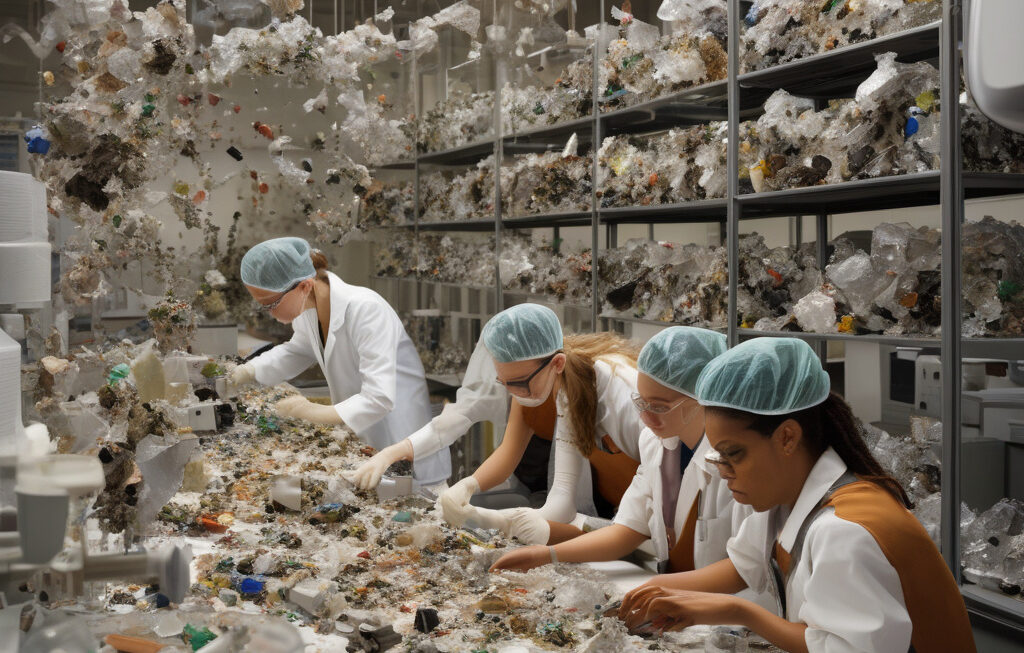Pancaked Water Drops Help Europe’s Fastest Supercomputer Hit 60 Billion Ops per Watt
JUPITER, housed in Germany at the Jülich Supercomputing Centre (JSC), became the fourth fastest supercomputer in Europe and the fastest in the region in terms of energy efficiency. The remarkable achievement was made possible through an innovative cooling system that involves pancaked water drops. This groundbreaking approach not only enhances the supercomputer’s performance but also underscores the importance of sustainability in the realm of high-performance computing.
The Jülich Supercomputing Centre is renowned for its cutting-edge research and development in the field of supercomputing. With the introduction of JUPITER, the centre has once again pushed the boundaries of technological advancement. What sets JUPITER apart from its counterparts is its exceptional energy efficiency, achieving an impressive 60 billion operations per watt. This milestone is a testament to the JSC’s commitment to harnessing technology for both performance and sustainability.
At the heart of JUPITER’s energy-efficient design is its cooling system, which leverages the unique properties of pancaked water drops. Unlike traditional cooling methods that rely on energy-intensive mechanisms, such as air conditioning, the pancaked water drops system offers a more sustainable and effective solution. By utilizing the latent heat of vaporization, the system efficiently dissipates heat generated during the supercomputer’s operation, ensuring optimal performance while minimizing energy consumption.
The concept of pancaked water drops involves dispersing water in a controlled manner across a large surface area. As the water evaporates, it absorbs heat from the surrounding environment, effectively cooling the system. This innovative approach not only enhances JUPITER’s energy efficiency but also reduces the environmental impact associated with traditional cooling systems. By harnessing the power of water in its liquid and vapor states, JUPITER sets a new standard for sustainable supercomputing.
In addition to its energy-efficient design, JUPITER boasts impressive computational capabilities, making it a valuable asset for a wide range of scientific and technological applications. From weather forecasting and climate modeling to drug discovery and materials science, JUPITER’s high-performance computing capabilities enable researchers to tackle complex challenges with unprecedented speed and accuracy. The supercomputer’s superior processing power, combined with its energy efficiency, positions it as a driving force in advancing innovation across various fields.
The success of JUPITER serves as a compelling example of how technology and sustainability can go hand in hand. By prioritizing energy efficiency and environmental responsibility, the Jülich Supercomputing Centre has demonstrated the immense potential of eco-friendly computing solutions. As the demand for high-performance computing continues to rise, integrating sustainable practices into technological development will be crucial for minimizing carbon footprints and maximizing efficiency.
As Europe’s fastest supercomputer with a remarkable energy efficiency of 60 billion operations per watt, JUPITER paves the way for a new era of sustainable supercomputing. Through the innovative use of pancaked water drops and a relentless commitment to excellence, the Jülich Supercomputing Centre has set a precedent for the industry. By embracing cutting-edge technology and eco-conscious practices, JUPITER exemplifies the endless possibilities that arise when innovation meets sustainability.
JUPITER, Supercomputing, Sustainability, Innovation, EnergyEfficiency












